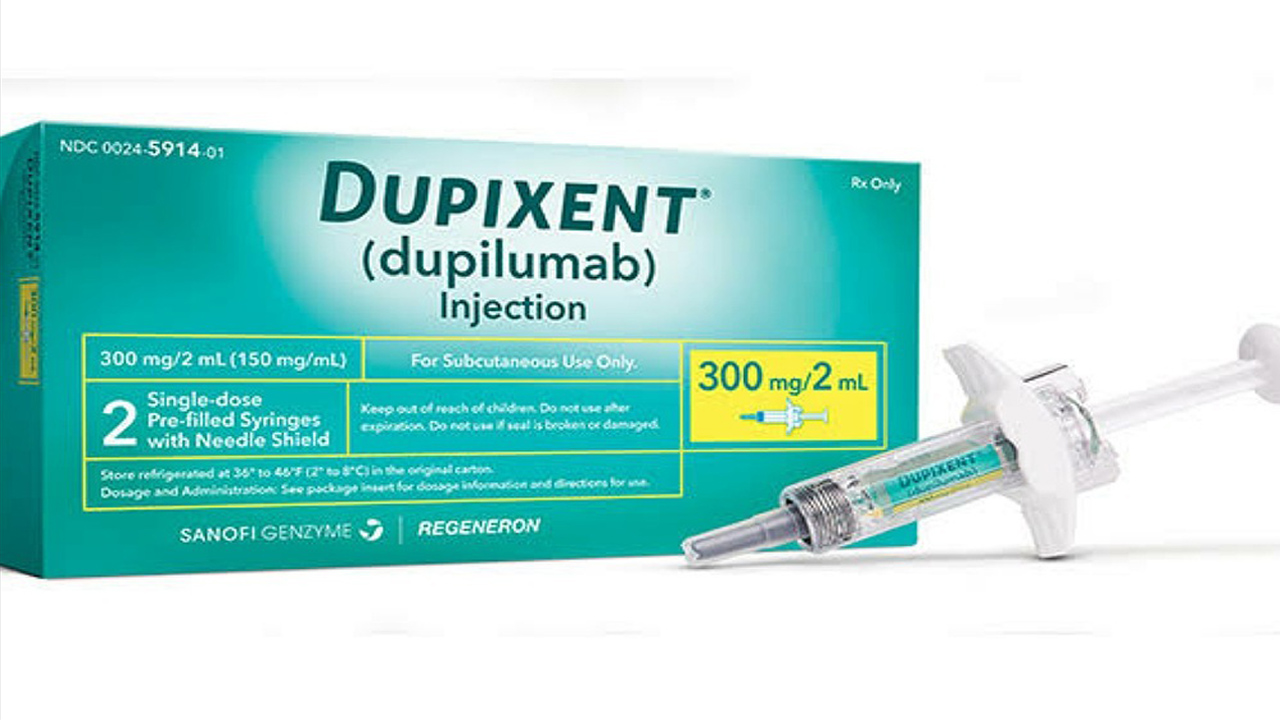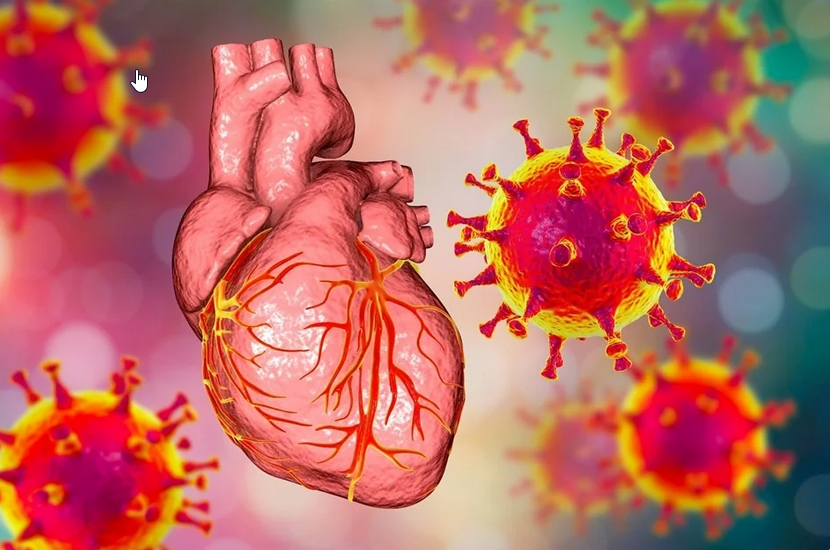The European Medicines Agency's Committee for Medicinal Products for Human Use (CHMP) has adopted a positive opinion for Dupixent (dupilumab), recommending to extend the approval in the European Union (EU) to include children aged 6 to 11 years with severe atopic dermatitis who are candidates for systemic therapy.
Dupixent is the first and only biologic approved for the treatment of uncontrolled moderate-to-severe atopic dermatitis for ages 12+ in the EU and ages 6+ in the U.S.
Dupixent is also approved in the EU for certain patients with severe asthma and severe chronic rhinosinusitis with nasal polyps, two other type 2 inflammatory diseases.
The European Commission is expected to announce a final decision on the Dupixent application in the coming months. The positive CHMP opinion is supported by data that include pivotal Phase 3 results on the efficacy and safety of Dupixent combined with TCS in children aged 6 to 11 years with severe atopic dermatitis that is uncontrolled on topical prescription therapies. In the trial, children treated with Dupixent and TCS experienced significantly improved measures of overall disease severity (Eczema Area and Severity Index), skin clearance, itch and health-related quality of life measures, compared to TCS alone. Adverse events more commonly observed with Dupixent included conjunctivitis, nasopharyngitis and injection site reactions. These data are consistent with the well-established efficacy and safety profile of Dupixent observed across adult and adolescent atopic dermatitis trials. The use of Dupixent in children aged 6 to 11 years is investigational and its efficacy and safety has not yet been fully evaluated in the EU.
Atopic dermatitis is a chronic inflammatory disease of the skin that can be debilitating. The current standard of care for children with severe atopic dermatitis in Europe is limited to TCS leaving those with poorly controlled disease to cope with intense, unrelenting itch and skin lesions that cover much of the body resulting in skin cracking, redness or darkening, crusting and oozing. In addition, uncontrolled severe atopic dermatitis can have a significant emotional and psychosocial impact causing sleep disturbance, symptoms of anxiety and depression, and feelings of isolation for children and their families.
Dupixent is a fully-human monoclonal antibody that inhibits the signaling of the interleukin-4 (IL-4) and interleukin-13 (IL-13) proteins, and is not an immunosuppressant. Data from Dupixent clinical trials have shown that IL-4 and IL-13 are key drivers of the type 2 inflammation that plays a major role in atopic dermatitis, asthma and CRSwNP. Dupixent is currently approved in more than 60 countries, and more than 170,000 patients have been treated globally.

 Dupixent combined with TCS in children aged 6 to 11 years with severe atopic dermatitis that is uncontrolled on topical prescription therapies
Dupixent combined with TCS in children aged 6 to 11 years with severe atopic dermatitis that is uncontrolled on topical prescription therapies





.png)













.jpeg)

.jpeg)










.jpg)




.jpg)

